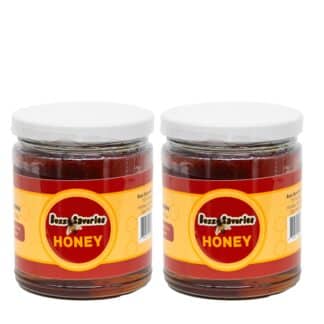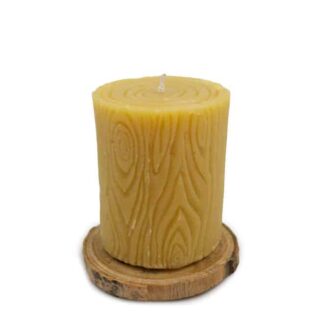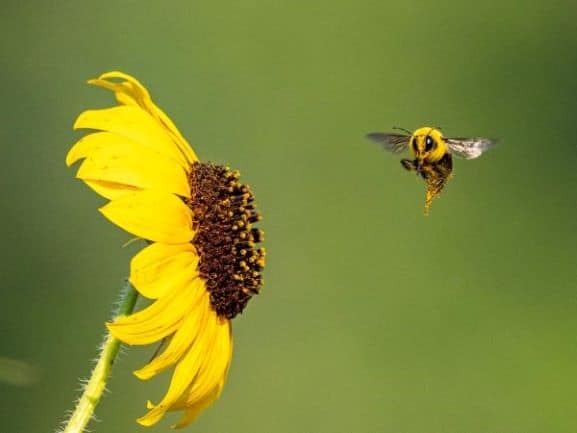A Friend to bees
Beekeepers are a curious collection of individuals. For one thing, be assured that they cut across every age, gender, national, social, political and ethnic group. What they share is a keen interest in this fascinating species and a willingness to learn and perfect specialized skills to help bees continue to thrive in a changing world.
With India having the largest number of beekeepers and beehives, totaling around 12.25 million, followed by China with about nine million, beekeepers are found in virtually every country in the world (although not so many in Antarctica).
According to the USDA, there are some 212,000 beekeepers in the U.S., with most of them hobbyists with just 3-5 hives, although the honey industry supports many large, even multi-national corporations. The USDA estimates some 10,000 people in the U.S. pursue beekeeping as a “sideline” occupation, using honey production or pollination services as an income source.
Bees are vital to the ecology because they are such efficient pollinators, with each bee visiting up to 2000 plants in a single day. Without such pollinators the world could suffer the loss of as much as a third of our supply of fruits, vegetables and nuts. As such, bees are valuable not only because they produce honey (which we might almost think of as a side benefit) but because when they are managed and used to pollinate over 100 crops grown in North America, they contribute $15 billion to the US economy every year. Many crops, such as almonds, which contribute $4.8 billion to the US industry each year, rely on honeybees for more than 90% of their pollination.
If you’re interested in helping bees, there are ways you can help that go beyond buying Buzz Savories artisanal honey and beeswax candles.
- Connect online. You’re already connected to Buzz Savories, but you can find a lot more friends by typing “beekeeping associations near me” in your search bar. Another way to find local mentors and resources is the American Beekeeping Federation. This link helps you find the resources in your own state as well as regional and national resources.
- Plant a bee-friendly garden. You can enjoy a piece of caring for bees without the long-term commitment of a beehive, right in your own backyard. Even if you don’t have a lot of space, bees will still appreciate some well-placed nectar, and you can enjoy their visit from your porch or kitchen window. Focus on curating a wide variety of nectar-rich plants that grow in each of the seasons.
- Take an active role. The Bee Conservancy is a nonprofit organization dedicated to protecting bees, safeguarding the environment, and securing food justice through education, research, habitat creation, and advocacy. The Conservancy’s goal is a day when all bee populations thrive in secure habitats and are supported by an engaged global network.




